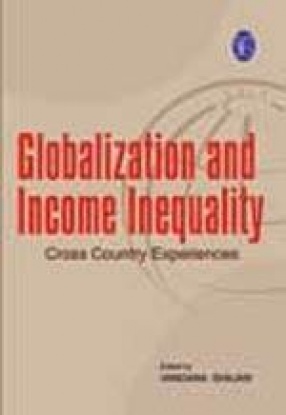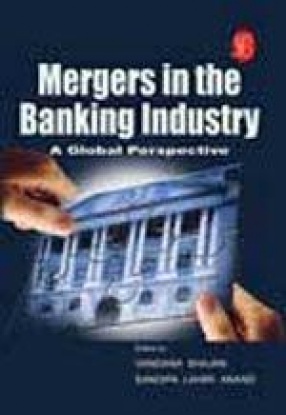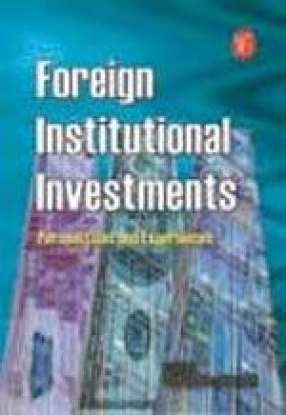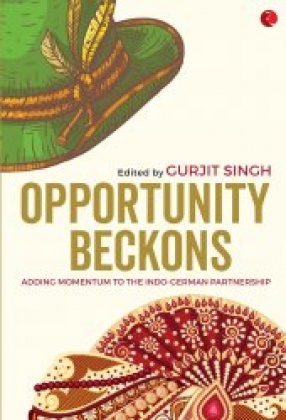Globalization and Income Inequality: Cross Country Experiences
Synopsis
The world today is getting closer through greater economic integration, termed in technical idiom as globalization. It can be defined as an inexorable integration of markets, nation-states and technologies to a degree never witnessed before in a way that is enabling individuals, corporations and nation-states to go round the world farther, faster, deeper and cheaper than ever before. Hence, the effect of such globalization pervasively influences every aspect of social life, more so, with respect to the distribution of wealth. The aforesaid relation between globalization and income distribution brings to the fore a debate that had, of late, been a topic of interest among economists the world over. Empirical evidence suggests that in the last few decades rapid market integration has been correlated with higher inequality in world income distribution. When countries are not weighed by population, most studies found that inequality has sharply increased in the past few decades. When countries are weighed by their population and exchange rates, broadly similar results are obtained. If they are compared in Purchasing Power Parity (PPP) terms, little change is found. The two components of world inequality, in fact, may depend on different factors and require, therefore, different policy responses. Globalization seems to have contributed not only to fostering growth in countries that have actively participated in the process but also to increasing inequality between countries that have liberalized their trade and those who have followed autarkist policies.
Read more
41.40
37.26
$
46.00 $
Free delivery Wolrdwidе in 10-18 days
Ships in 2-4 days from New Delhi
Membership for 1 Year $35.00
Get it now and save 10%
Get it now and save 10%
BECOME A MEMBER










Bibliographic information